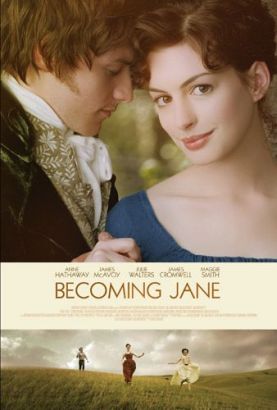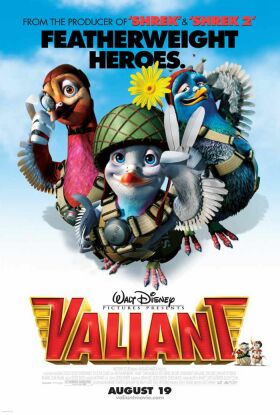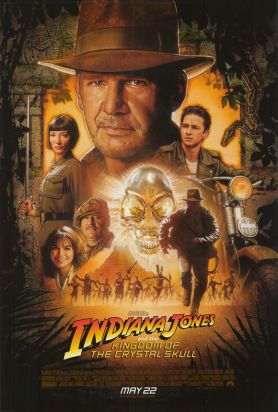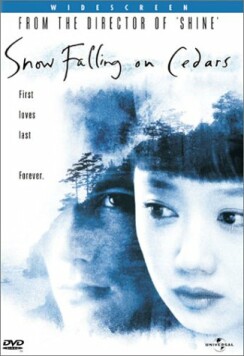Becoming Jane
Anyone likely to be watching Becoming Jane, Julian Jarrold’s attempt to imagine a historical love affair between a young Jane Austen and an impecunious Irish lawyer in 1795, is likely to know in advance how it comes out. Though he’s got a lot of nerve, Mr Jarrold hasn’t got quite enough to make one of the world’s most famous spinsters into a happily married lady. The suspense lies in our waiting to see not if but how the lovers will be parted. In this respect, if in no other, all honor to Mr Jarrold and his screenwriters, Sarah Williams and Kevin Hood. They have given us an ending that, for its high moral tone and sense of duty, Jane Austen herself might have been pleased with. Otherwise, the movie is a load of sentimental rubbish.
From one of Jane Austen’s letters, we know that she met “a gentlemanlike, good-looking pleasant young man” named Tom Lefroy around Christmas time, 1795, when she had just turned 20. She danced with him at three Christmas balls and probably flirted with him. She seems never to have seen him again. Everything else in “Becoming Jane” is made up. And it is made up in particularly unbelievable ways. Its Jane Austen (Anne Hathaway) boldly strides forward to bat in a men’s cricket match, scores several runs and afterwards rushes down to the river to see the men bathing naked. She attends a boxing match and otherwise behaves as no respectable lady, let alone a moralist like Jane Austen, would have done in 1795. These are not minor liberties but evidence of a basic failure to understand the history ostensibly being presented.
Interestingly, the problem with the film is basically the same as it was with the most recent movie adaptation of Pride and Prejudice — whose plot Becoming Jane in many ways sticks close to as its way of suggesting that that novel could have been autobiographical.
That is, it imposes 21st century standards on an 18th century story and so makes a nonsense of it. Both movies suggest that sexual “repression” is the key to understanding their heroes and the society they live in. Tom Lefroy (James McAvoy) in Mr Jarrold’s movie becomes attractive to Jane because of his reputation as a rake. She is supposedly hungry for the “experience” of the world that her repressive society has denied her. She wants to write fiction, but Tom points out to her that she has to have more of this precious “experience” — which is obviously a code word for sex — before she can write it. Accordingly, he presents her with a copy of Henry Fielding’s “Tom Jones” as if it were the Kama Sutra — a forbidden book that the repressers-in-chief would have been scandalized to know that she was reading.
If the authors think that such a man is anything like Mr Darcy of Pride and Prejudice, apart from not being rich, it could explain a lot about where they went so wrong.
Not only is Tom’s idea of “experience” — and in particular sexual experience — as the foundation of art highly dubious in itself, not only would it have been unknown in England during the Napoleonic era, but it makes no sense at all without the myth of “Victorianism” — historically two generations later in any case — as we have retrospectively imagined it. In fact it is most unlikely that even the Victorians were ever shocked by the idea of the act of sex itself. Jane Austen would certainly have read “Tom Jones” without having been told about it by her hopeful lover or anyone’s thinking it particularly daring for her to have done so. And the idea of her having been titillated, as she is represented as being in the film, by Tom’s reading to her an account of swallows mating from a book of natural history is ridiculous. Like most people in the 18th century, she lived close enough to nature to have been thoroughly familiar with the sexual behavior of animals.
This is so obvious that we are forced to the conclusion that Becoming Jane has made not the slightest attempt to imagine itself back into Jane Austen’s time. Instead, it drags her into ours and so makes her utterly unlike what we know she was. It’s the easiest thing in the world to do, but we know at the outset that it is false as hell. The people in Jane Austen’s time simply didn’t go around thinking that all they needed was to loosen up sexually and allow women more freedom to choose their own destinies. Certainly Jane Austen didn’t. The beliefs about sex and families and money that people held in Jane Austen’s time may have been benighted, but they really did hold them. Not to give them credit for this but instead to treat them as if they were children who simply didn’t know any better — as if they could have been put right by any prematurely “experienced” high school girl of today — is worse than philistinism. It is an act of historical vandalism.
Discover more from James Bowman
Subscribe to get the latest posts to your email.








